ByteDance employees are getting VR healthcare via XRHealth. Is this the future now?

The Pico 4 struggled really hard to become one of the best VR headsets on the market and for some, it found success. And for the rest of us? Well, Pico earned respect, because the headset really came a long way from the state in which it initially released.
But, ByteDance — the team behind TikTok — still owns Pico and it made the decision to step away from consumer grade headsets and focus on the enterprise market. How that will go — we don’t know yet. But we know that a lot of layoffs were involved and that must’ve been really stressful for everyone involved.
And maybe ByteDance realizes that, because the company has made the choice to help its employees improve their health. And while an XR-based Health app sounds really fitting for a tech company, I must ask: even if this is the future, can we rely on it to work today?

So, before we go on, let’s take a moment to explain what XRHealth is. The app has labeled itself as a “virtual clinic”, which offers you to join as a patient or a health provider. While this does sound innovative for sure, how safe such an app is to use would entirely depend on the services that it offers. In the case of XRHealth, that is limited to:
And, honestly, all three sound like things that XR can help out. I mean, even Tetris can be a form of occupational therapy if it works for you and that can absolutely work in VR. Physical therapy is all about moving the right way, so with a set of proper trackers and algorithms, XR can probably get it done with a reasonably high success rate. And, of course, a change in scenery and some help to connect the dots is always good for the mind, and that can totally happen in VR.
Or, in other words, XRHealth sounds like it could help you deal with stress and anxiety indeed. While I haven’t tried the app out myself, it does feel like XRHealth utilizes gamification in order to help you handle your issues.
And as someone who plays Tetris to relieve stress, I can confirm that this much sounds reasonable.
So then, what does that mean for employees of ByteDance? Well, on the one hand: it’s great that they’re getting something extra to help them feel better. On the other hand, this is a rather novel approach and finding out if it is as effective as regular therapy will take some time.
I mean, consider this: if you’re designing a headset while wearing a headset and are spending a lot of time testing headsets — and, mind you, all of that is stressing you out — would you feel less stressed when you put on a different headset to do therapy?
Food for thought.
But, ByteDance — the team behind TikTok — still owns Pico and it made the decision to step away from consumer grade headsets and focus on the enterprise market. How that will go — we don’t know yet. But we know that a lot of layoffs were involved and that must’ve been really stressful for everyone involved.

So, before we go on, let’s take a moment to explain what XRHealth is. The app has labeled itself as a “virtual clinic”, which offers you to join as a patient or a health provider. While this does sound innovative for sure, how safe such an app is to use would entirely depend on the services that it offers. In the case of XRHealth, that is limited to:
- Occupational therapy, meaning a way for you to engage with different activities in order to improve your overall state, mainly: the mental side of things
- Physical therapy, which will get you moving a bit more with the ultimate goal of removing chronic pains and issues like muscle sores or strains
- Mental health therapy, which is aimed at resolving any inner conflicts you may have, reducing chatter and helping you get back to feeling good
And, honestly, all three sound like things that XR can help out. I mean, even Tetris can be a form of occupational therapy if it works for you and that can absolutely work in VR. Physical therapy is all about moving the right way, so with a set of proper trackers and algorithms, XR can probably get it done with a reasonably high success rate. And, of course, a change in scenery and some help to connect the dots is always good for the mind, and that can totally happen in VR.
Or, in other words, XRHealth sounds like it could help you deal with stress and anxiety indeed. While I haven’t tried the app out myself, it does feel like XRHealth utilizes gamification in order to help you handle your issues.
So then, what does that mean for employees of ByteDance? Well, on the one hand: it’s great that they’re getting something extra to help them feel better. On the other hand, this is a rather novel approach and finding out if it is as effective as regular therapy will take some time.
I mean, consider this: if you’re designing a headset while wearing a headset and are spending a lot of time testing headsets — and, mind you, all of that is stressing you out — would you feel less stressed when you put on a different headset to do therapy?
Food for thought.

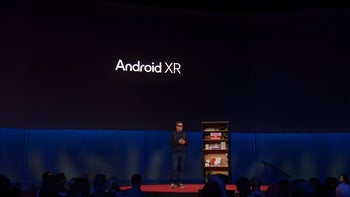
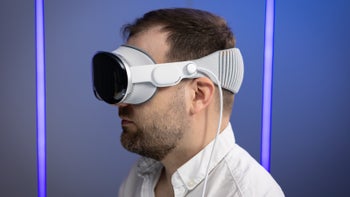
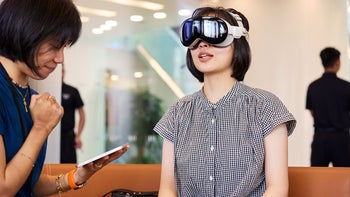
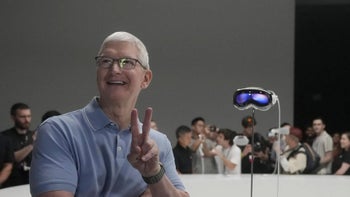
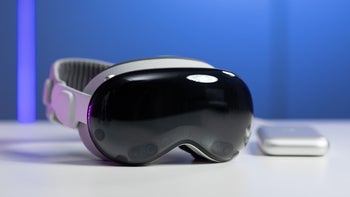
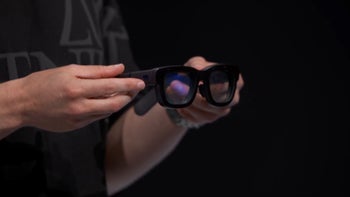
Things that are NOT allowed: